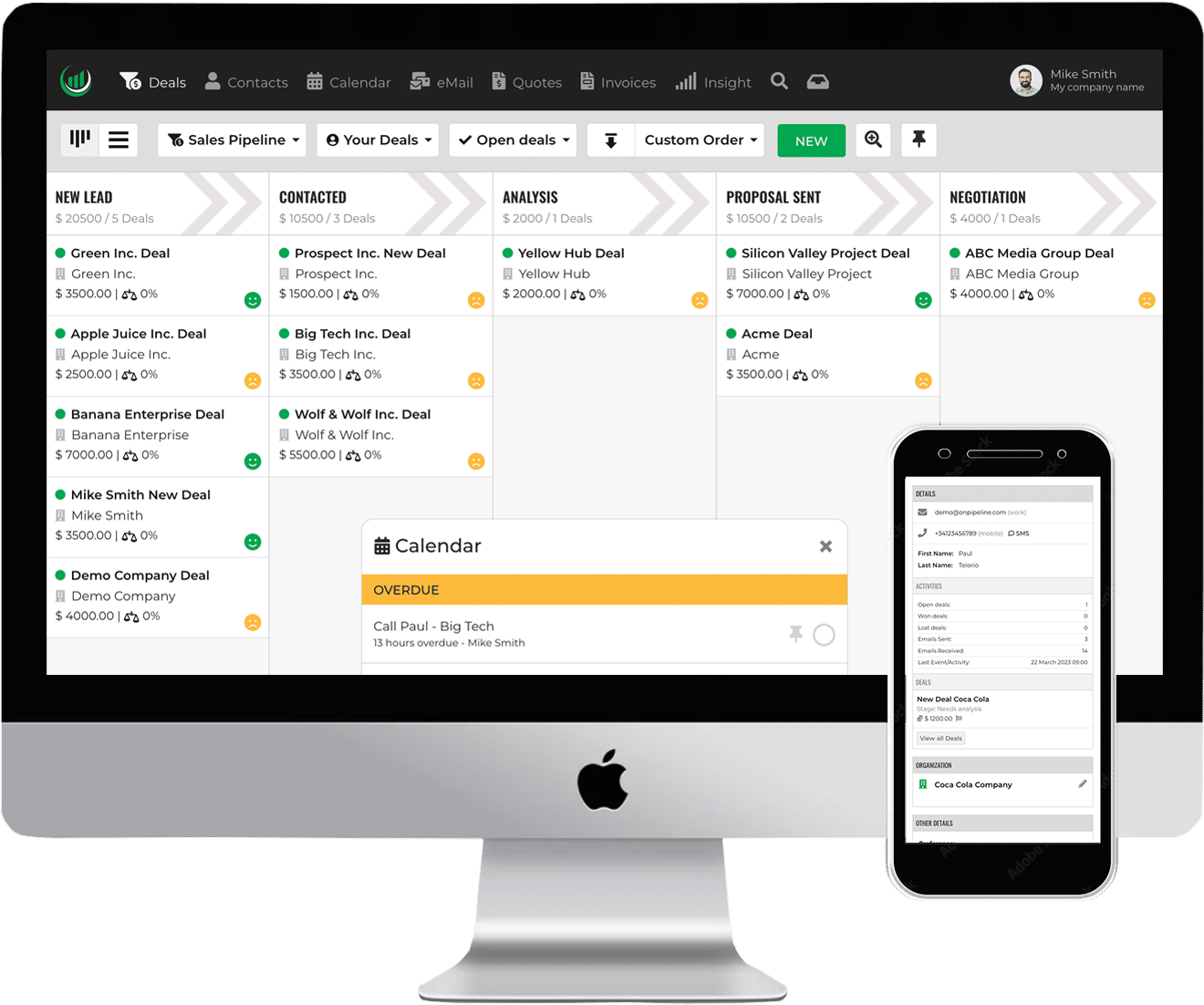The Role of CSM
A Customer Success Manager (CMS) connects the buyer and the company, acting as a bridge. Customer Service responds to requests, while CSMs take a proactive approach. The main goal is to help get the most out of the product or service. This leads to loyalty, customer retention, and advocacy.
Top 6 Responsibilities
Let’s take a quick look at what they do to make clients smile.
1) Onboarding
Success Managers make sure new customers start smoothly. They show how things work, explain important parts, and help with any problems.
Imagine a CSM working with a company that makes computer programs. If a new client just started using their software, the CSM would teach them how to use it step by step, so the client’s team feels confident.
2) Needs Assessment
These managers are good at figuring out what buyers need. They listen and have meaningful talks to understand what the customer wants to do.
For example, a CSM helping an online store might find out that the store wants to sell more things. With this information, they can suggest special tools to help the store sell better.
3) Customer Engagement
CSMs keep in touch with clientele. They share news, talk about interesting things in the field, and ask for feedback.
They could send out a friendly email every month. In the email, they might talk about new features in a product and share stories of other people’s success.
4) Maximization
Their goal is to ensure buyers maximize their purchases and offer helpful new products. If there’s a new version of a computer program, the CSM would tell customers about it. They would explain how the new things can make their work easier.
5) Problem Resolution
When there’s a problem, Success Managers help fix it quickly. They talk to the right people in the company to find solutions. Imagine a customer buys a toy, but it’s broken.
They would talk to the people who make the toy and make sure the customer gets a new one.
6) Customer Journey
CSMs don’t stop helping after the first time. They want to keep the customer base happy day to day. They might suggest more things that can help, like making a pizza even tastier by adding more toppings.
They also find chances for clients to get more from what they bought. For example, if someone is using a basic plan for a marketing tool, the CSM might say, “Hey, there’s a bigger plan that can help you even more!”
Key Skills
These skills are what make CSMs great at taking care of customers and making sure they’re happy. Let’s take a quick look at the most important skills.
- Communication – Being able to talk and share ideas well is super important for a CSM’s success. They need to explain complicated things in a simple way, both in writing and when they have meetings.
- Empathy – Understand and feel the same way as customers. It’s like stepping into their shoes to help them better.
- Problem-Solving – CSMs are like puzzle solvers. They find problems, figure out why they’re happening, and come up with good ideas to fix them and help customers.
- Product Knowledge – Knowing a lot about the product or service helps CSMs suggest the right solutions that match what the buyer wants.
- Data Analysis – They also need to be good at account management, looking at numbers and information. This helps them see how clients are acting, if they’re happy, and make decisions using this info to make things better.
- Time Management – CSMs talk to many customers and have lots of work. They need to be good at project management and give each of them enough attention.
Customer Success Manager Salary
The salary can vary significantly based on factors such as the company’s size, location, industry, and the CSM’s level of experience. Here’s a breakdown of the average salary by geographical region:
United States: In the United States, a Customer Success Manager’s average salary ranges from $70,000 to $120,000 per year. Larger metropolitan areas and tech hubs like San Francisco, New York, and Boston often offer higher salaries due to the higher cost of living and demand for skilled professionals. However, salaries can vary widely depending on the specific location within the country.
Europe: In Europe, the average salary for a CMS ranges from €40,000 to €80,000 per year. Countries with well-established tech industries, such as the United Kingdom, Germany, and France, tend to offer higher salaries. Scandinavian countries, known for their strong emphasis on work-life balance, also offer competitive compensation packages.
Asia: In Asia, a Customer Success Manager’s average salary can vary widely depending on the country and city. In countries like Singapore, Hong Kong, and Japan, where the tech industry is thriving, salaries can range from $50,000 to $90,000 or more. In emerging tech markets like India, the average salary may be lower, ranging from $30,000 to $60,000, but the cost of living is also lower in these regions.
It’s important to note that these figures are averages and can vary based on factors such as the company’s industry, the CSM’s level of expertise, and the specific responsibilities of the role within each organization.
Commissions, and benefits such as healthcare and retirement plans can contribute significantly to the total compensation package.
Tools for CSM Success
Imagine having a super toolbox filled with special gadgets that help you do your job better than ever.
Customer Relationship Management Software
CRM platforms like Onpipeline maintain comprehensive customer profiles, track interactions, and schedule follow-ups for a personalized touch.
Customer Feedback Tools
Tools such as SurveyMonkey gather feedback, measure customer satisfaction, and implement improvements based on insights.
Analytics and Reporting Tools
Analytics tools like Google Analytics empower CSMs to monitor customer engagement patterns, helping them tailor strategies for each unique journey.
Communication Platforms
Communication tools like email, video conferencing, and collaboration platforms, facilitate seamless interactions across different channels.
Onboarding Platforms
Platforms like Userpilot assist CSMs in creating interactive onboarding experiences, ensuring customers quickly grasp the product’s capabilities.
Churn Prediction Tools
AI-powered tools like Gainsight leverage customer data to predict churn risk, enabling CSMs to take proactive measures to retain at-risk customers.
Wrapping Up
The Customer Success Team helps businesses grow and keep long term relationships. They do many things, like helping new clients and solving problems. They’re really good at talking nicely, understanding how people feel, and fixing issues.



